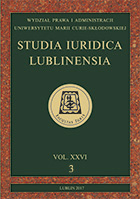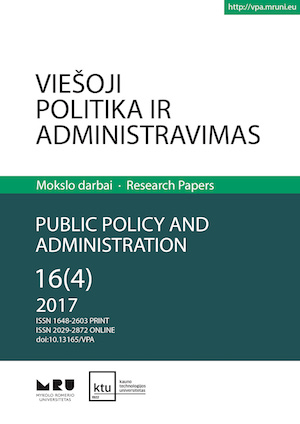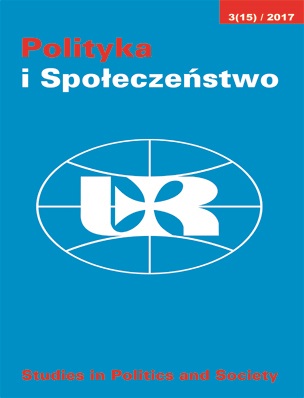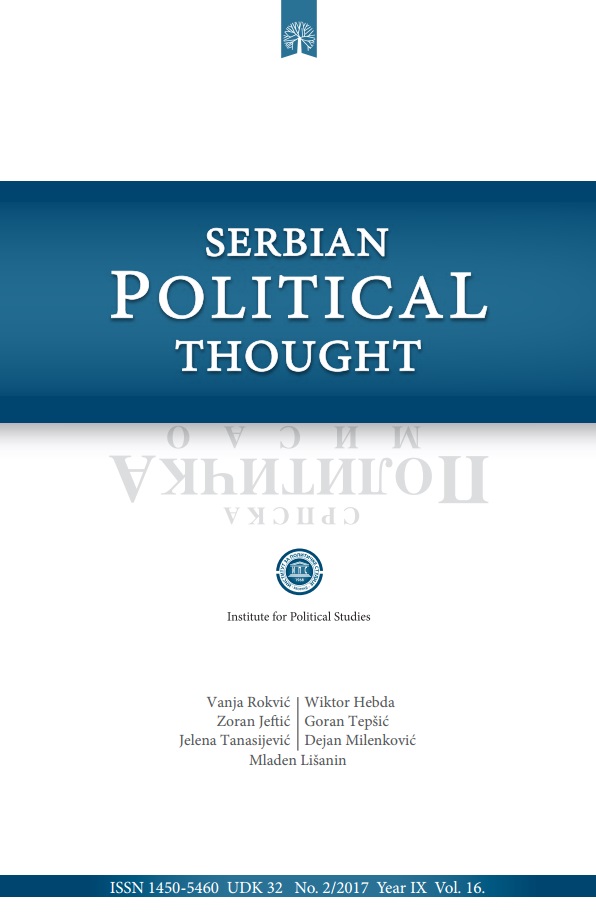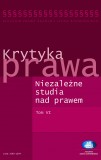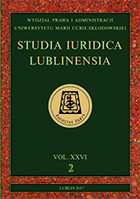
David Graeber, Utopia regulaminów. O technologii, tępocie i ukrytych rozkoszach biurokracji, Warszawa 2016, ss. 281
Prowadzenie zajęć z przedmiotu nauka administracji wymaga nieustannego weryfikowania i pogłębiania wiedzy, co akurat nie powinno nikogo zdumiewać, ale także poszukiwania wyników badań często bardzo odległych od siebie dyscyplin naukowych. Wystarczy przypomnieć w tym miejscu podręcznikową tezę, że nauka administracji, przy zastosowaniu metody empirycznej, gromadzi wiedzę o administracji publicznej istniejącej tu i teraz. Oznacza to konieczność poznania przynajmniej podstaw ekonomii, socjologii, statystyki, a nawet historii muzyki, jeżeli chcemy dowiedzieć się, dlaczego nazwa zgłębianego przedmiotu to nauka administracji, a nie nauka o administracji, jak nakazują reguły rodzimego języka. W katalogu książek, które powinniśmy przeczytać, nie może zabraknąć całkiem pokaźnej liczby pozycji z półki oznaczonej hasłem politologia, czasem bardzo szeroko rozumianym, o czym najlepiej świadczy recenzowane opracowanie
More...
